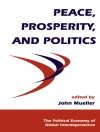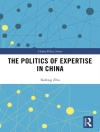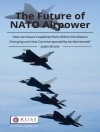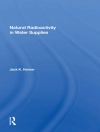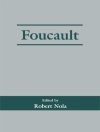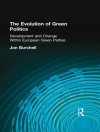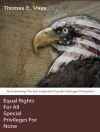This book offers an accessible and compelling guide to the American presidency by exploring a series of key questions. How powerful is the American presidency, and to what extent is presidential power dependent on persuasion? Do the personal qualities of presidents drive events, or does the institution of the presidency shape their choices? Is the presidency a “unitary” office or a limited and circumscribed institution? Which is more important, character or competence? Is presidential success a matter of skill or opportunity? And will future presidencies turn away from checks and balances in favor of illiberal democracy?
Michael A. Genovese, a leading scholar of the presidency, provides a clear overview of the core arguments and debates over the essential characteristics of this contradictory institution. Ideal for classroom use, this book provides insights into what the presidency was designed to be, what it has evolved into, how it has been reshaped to respond to new demands, and what its future might hold. Engaging and reader-friendly, The Modern Presidency gives students the tools to think critically about the nature of this complex office and how its powers can be wielded.
İçerik tablosu
Introduction
1. What Is More Important, Power or Persuasion?
2. What Matters More, the Individual or the Institution?
3. Did the Framers Invent a Powerful Unitary Executive or a Limited Constitutional Office?
4. Which Is More Valuable, Character or Competence?
5. What Is More Important, Skill or Opportunity?
6. Will the Future of the U.S. Presidency Be One of Liberal Democracy or Illiberal Democracy?
Conclusion
Acknowledgments
Notes
Selected Bibliography
Index
Yazar hakkında
Michael A. Genovese is professor of political science, Loyola Chair of Leadership Studies, director of the Institute for Leadership Studies, and president of the Global Policy Institute at Loyola Marymount University. He is the author of many books, including
The Paradoxes of the American Presidency (sixth edition, 2022), and a recipient of the American Political Science Association’s Distinguished Teaching Award.


